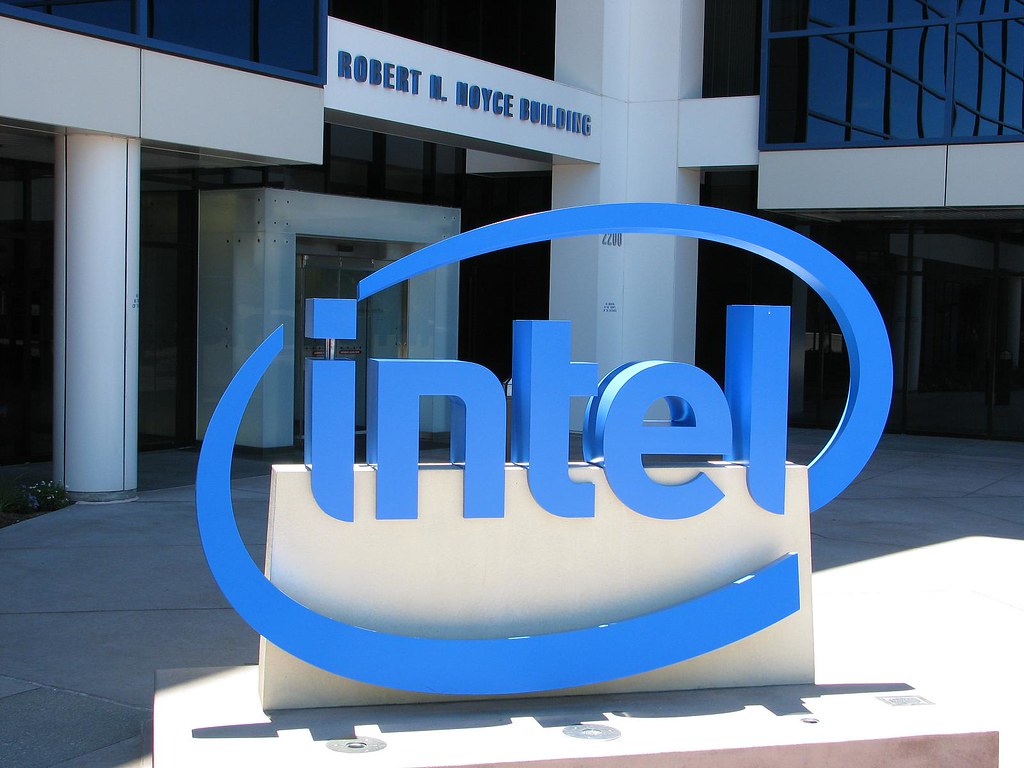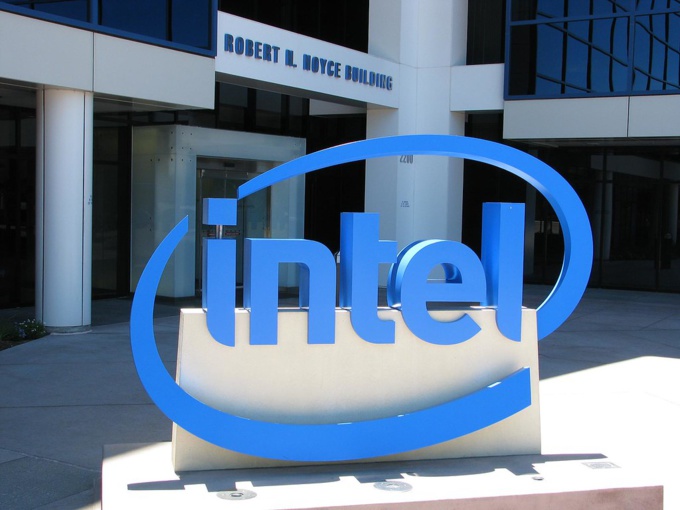Intel, Qualcomm and a number of other technology companies have banned employees from communicating informally with employees of the Chinese giant Huawei about technology, reports Reuters, citing sources.
Engineers of the companies contacted many international forums to establish common technological standards in the telecommunications sector, including for the fifth generation cellular networks (5G), the agency writes. Now, Intel, Qualcomm, InterDigital Wireless and South Korean LG Uplus require employees to limit communication with Huawei employees. Companies fear problems with the US government, said Reuters interlocutors.
At the same time, the ban on communication between employees of American and Chinese companies at the government level is out of the question. However, the companies, according to Reuters sources, seek to “avoid any possible problems with the US government.”
Huawei plays an important role in international organizations that set parameters for the use of certain technologies, Reuters writes. As one of the largest manufacturers of smartphones and routers, Huawei should remain at the international negotiating table to ensure uninterrupted access to 5G, engineers and experts confirmed to the agency.
Those involved in the development of 5G are “shocked” by what is happening, a representative of an unnamed European company, which also restricted employees from communicating with Huawei employees, told Reuters. “This can force everyone to go their separate ways. And we need to cooperate to come to 5G. This market must be global,” said the interlocutor.
"Judging by what I hear from clients and colleagues, there is a strong misunderstanding about what the restrictions of the Ministry of Commerce imply," said a lawyer, a specialist in export control, to Reuters. He noted that the ban on communication "is redundant, because restrictions imply only the transfer of technology."
In mid-May, the US Department of Commerce decided to add Huawei and 70 related companies to the black list for activities that, according to Washington, contradicts US national security. In practice, this means that Huawei will need special permission from the US authorities in order to purchase any equipment from American manufacturers. Later, the agency allowed US companies to interact with Huawei - but only until August and only “if it is necessary to set standards for 5G networks”. This position in the Ministry of Commerce was confirmed on Friday in response to a question from Reuters.
Google announced a break in relations with Huawei on May 20. The American company said that it would stop supplying the Chinese manufacturer with an update of the Android operating system and close access to Google Play and the Gmail mail application for new Huawei devices. Google emphasized that services will continue to work on existing Huawei devices, but there will be no system updates and support.
Facebook banned Huawei from preinstalling their apps on new smartphones from the Chinese company, Reuters reported. The company took this step precisely because of the demands of the US authorities, which banned the Chinese company from purchasing American components and software.
source: forbes.com
Engineers of the companies contacted many international forums to establish common technological standards in the telecommunications sector, including for the fifth generation cellular networks (5G), the agency writes. Now, Intel, Qualcomm, InterDigital Wireless and South Korean LG Uplus require employees to limit communication with Huawei employees. Companies fear problems with the US government, said Reuters interlocutors.
At the same time, the ban on communication between employees of American and Chinese companies at the government level is out of the question. However, the companies, according to Reuters sources, seek to “avoid any possible problems with the US government.”
Huawei plays an important role in international organizations that set parameters for the use of certain technologies, Reuters writes. As one of the largest manufacturers of smartphones and routers, Huawei should remain at the international negotiating table to ensure uninterrupted access to 5G, engineers and experts confirmed to the agency.
Those involved in the development of 5G are “shocked” by what is happening, a representative of an unnamed European company, which also restricted employees from communicating with Huawei employees, told Reuters. “This can force everyone to go their separate ways. And we need to cooperate to come to 5G. This market must be global,” said the interlocutor.
"Judging by what I hear from clients and colleagues, there is a strong misunderstanding about what the restrictions of the Ministry of Commerce imply," said a lawyer, a specialist in export control, to Reuters. He noted that the ban on communication "is redundant, because restrictions imply only the transfer of technology."
In mid-May, the US Department of Commerce decided to add Huawei and 70 related companies to the black list for activities that, according to Washington, contradicts US national security. In practice, this means that Huawei will need special permission from the US authorities in order to purchase any equipment from American manufacturers. Later, the agency allowed US companies to interact with Huawei - but only until August and only “if it is necessary to set standards for 5G networks”. This position in the Ministry of Commerce was confirmed on Friday in response to a question from Reuters.
Google announced a break in relations with Huawei on May 20. The American company said that it would stop supplying the Chinese manufacturer with an update of the Android operating system and close access to Google Play and the Gmail mail application for new Huawei devices. Google emphasized that services will continue to work on existing Huawei devices, but there will be no system updates and support.
Facebook banned Huawei from preinstalling their apps on new smartphones from the Chinese company, Reuters reported. The company took this step precisely because of the demands of the US authorities, which banned the Chinese company from purchasing American components and software.
source: forbes.com



















